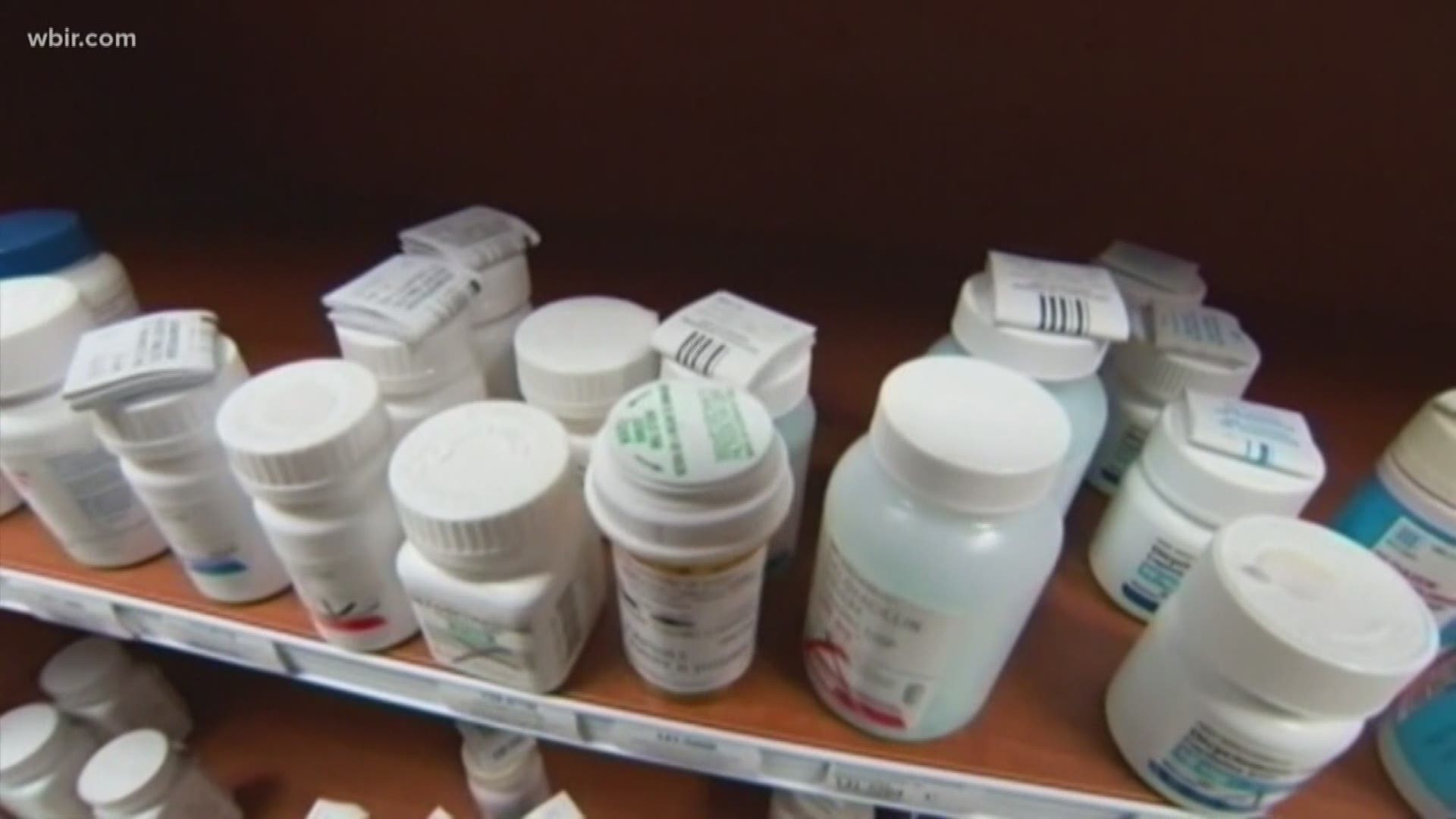As of Monday, 206 people have died of suspected overdoses in Knox County.
That's a sobering statistic, but there are glimmers of hope in the opioid epidemic: compared to a year ago, the number of babies being born in Knox County dependent on opioids is down by a third and state health officials say there has been a 12 percent decrease in overdoses from prescription painkillers.
"We're doing a great job in our state at decreasing prescribing making it harder for folks to start down that path," Karen Pershing, the executive director of the Metro Drug Coalition, said.
Pershing says there needs to be a multi-faceted approach to the opioid crisis.
"If we continue to just chase the drug of the day we're never going to see an impact."
She said there are four categories in her east Tennessee opioid report card. First: awareness, where she said there has been improvement in the past eight years.
"I feel like we've done a really good job educating the public and getting them to understand that we have a problem," she said.
Pershing gave awareness a grade of A-/B+. Prevention, on the other hand, needs improvement.
"We could definitely use some more manpower and more people to go out and to do more of this evidence based prevention work that needs to be done," she said.
Without more people working with at-risk communities, she gave prevention a grade of a C.
"We still need more resources, but we're getting there with treatment," Pershing said.
She said most people can get treatment in a couple days and MDC hasn't been hearing about months-long waits for rehab. So treatment gets a B- in her book.
"Recovery I'd say is probably our weakest area."
Pershing gave gave recovery a D. She says there needs to be more research to treat people beyond rehab to keep them clean.
"We know if we can get people to the five year mark, you know where they haven't used substances in five years they are much less likely to relapse."
She says teenage years are the key times to focus on substance abuse. If kids graduate high school without drinking or using drugs, they only have a 2 percent chance of developing a substance abuse problem.
Resources for those battling drug dependence and addiction can be found here.

